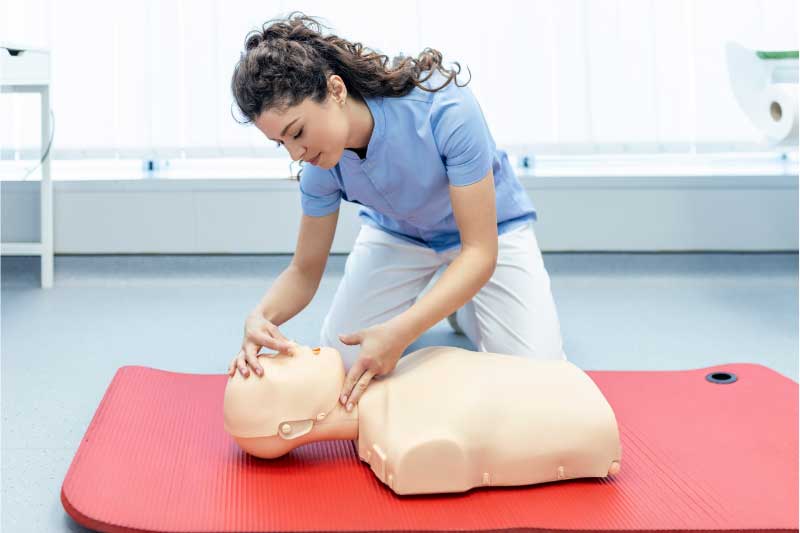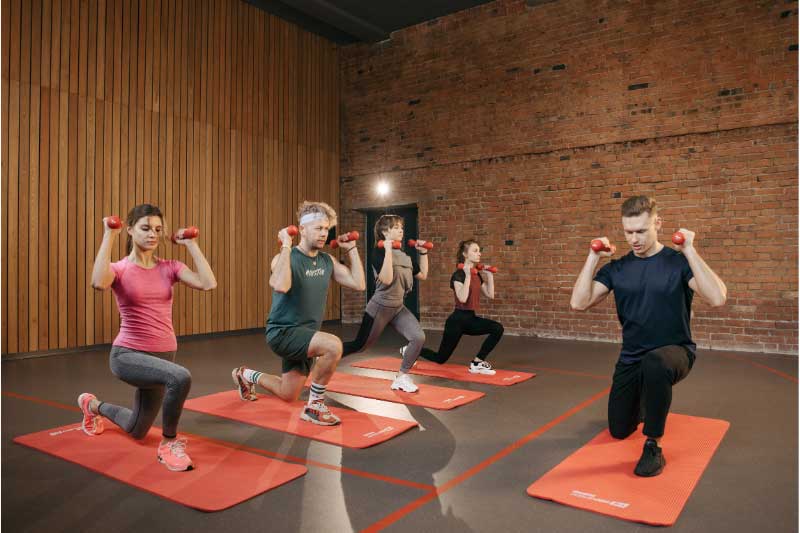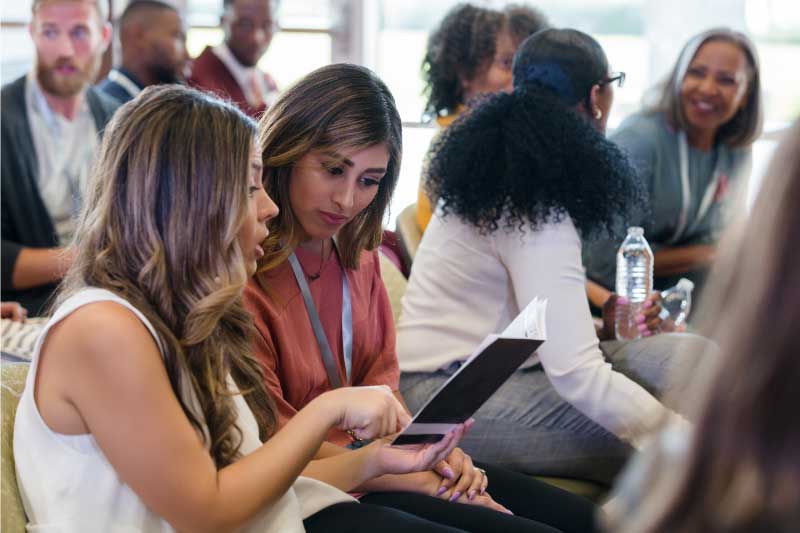Imagine this – you’re at a family barbecue when suddenly, your cousin chokes on a piece of steak. Everyone panics, and seconds feel like hours. Would you know what to do? Knowing basic first aid isn’t just a life skill—it’s a lifesaving skill. Whether at home, work, or out with friends, knowing to handle common emergencies can make a world of difference. In this post, we’ll explore ten compelling reasons why understanding basic first aid is crucial in today’s world.
Stay Safe and Save Lives Basic First Aid Skills Everyone Needs
Discover why basic first aid skills are crucial for everyone. Learn practical tips to handle emergencies. Start protecting yourself and others today!
Empower Yourself to Act Fast
In emergencies, time is of the essence. Understanding basic first aid empowers you to respond quickly and effectively. It’s not just about knowing what to do; it’s about shortening reaction time. As a first responder, your ability to act swiftly could mean the difference between a life saved and a life lost.
Understanding first aid helps reduce panic. When everyone else might be paralyzed by fear, your knowledge allows you to keep calm and maintain control. This composure is vital, enabling you to assess situations clearly and take decisive action.
First aid training also teaches you how to prioritize care. Not all emergencies require the same level of response, and knowing which steps to take first ensures the most critical needs are addressed without delay.
Bridge the Gap Until Help Arrives
Every minute counts when you’re waiting for professional medical help to arrive. First aid knowledge helps you bridge the gap, providing immediate care to prevent worsening conditions. This is particularly important in remote or rural areas where emergency services might take longer to reach.
Applying first aid can prevent complications. For example, knowing how to control bleeding can stop a minor wound from becoming life-threatening. Similarly, stabilizing someone who has suffered a fall can prevent further injury while waiting for paramedics.
First aid skills are invaluable in handling everyday accidents. From burns to sprains, applying appropriate care quickly can improve recovery outcomes and lessen the impact of minor injuries.
Enhance Workplace Safety
Workplaces, whether in an office or a construction site, are often rife with potential hazards. Having employees trained in basic first aid ensures a safer working environment for everyone involved. It creates an atmosphere where safety is prioritized and valued.
Training colleagues in first aid fosters a culture of awareness and preparedness. Employees become more vigilant about potential risks and are encouraged to report hazards before they cause harm. This proactive approach can prevent accidents and promote a safer workplace.
First aid skills can also boost team morale. Knowing that trained individuals are around can give employees peace of mind, enhancing their confidence and willingness to engage in team activities and initiatives.
Increase Personal Confidence
Having a toolkit of first aid skills boosts personal confidence significantly. Knowing you can handle emergency situations gives you a sense of empowerment and self-reliance. This confidence extends beyond emergencies, affecting how you carry yourself in everyday life.
Being prepared for emergencies reduces anxiety. Instead of worrying about what might happen, you can enjoy the present moment. This peace of mind is beneficial for your mental health and overall well-being.
Your confidence will also positively impact those around you. Friends and family will feel reassured knowing they have someone capable and knowledgeable to turn to if something goes wrong.
Strengthen Community Bonds
Basic first aid knowledge promotes stronger community ties. When community members are equipped to help each other in emergencies, it fosters a sense of unity and mutual support. Neighbors and friends become more connected and willing to look out for one another.
Communities that emphasize first-aid training are more resilient. They are better equipped to handle crises collectively, relying on shared knowledge and skills to overcome challenges. This resilience can lead to a quicker recovery and a stronger sense of community identity.
Participating in first aid courses can also create new social connections. You’ll meet like-minded individuals who share your commitment to safety and preparedness, further expanding your network and support system.
Protect Loved Ones
For many, the primary motivation to learn first aid is to protect loved ones. Parents, in particular, benefit from these skills, ensuring they can respond effectively to accidents involving their children. Knowing how to administer first aid guarantees that you can keep your family safe.
First aid knowledge allows you to educate others. You can pass essential skills to those closest to you, empowering them to care for themselves and others. This shared knowledge strengthens family bonds and promotes a culture of safety.
Being prepared for emergencies involving loved ones also reduces emotional stress. The peace of mind that comes from knowing you can handle unexpected situations is invaluable for both you and your family.
Respond Effectively to Common Accidents
Basic first aid training covers many common accidents, equipping you to respond effectively to injuries like cuts, burns, and fractures. Understanding how to treat these injuries properly can prevent complications and facilitate faster recovery.
First aid skills also include recognizing signs of serious conditions. Knowing what to look for in cases of heart attacks, strokes, or allergic reactions allows you to provide timely intervention and seek appropriate medical help.
Your ability to manage common accidents reassures those around you. Friends, family, and colleagues will appreciate having someone they can rely on in stressful situations, enhancing your reputation as a dependable and capable individual.
Save Lives in Critical Situations
The most compelling reason to learn first aid is its potential to save lives. Whether it’s performing CPR on someone who has stopped breathing or helping a choking victim, these skills can make the ultimate difference. Knowing how to act in critical situations empowers you to be a hero when it matters most.
Immediate intervention can significantly improve survival rates. For example, administering CPR within the first few minutes of cardiac arrest can double or triple a person’s chances of survival. This highlights the importance of having these skills readily available.
Saving a life is a profound experience. It leaves a lasting impact on the individual you helped and you as the rescuer. This powerful, life-affirming experience reinforces the value of first aid knowledge.
Gain Practical Life Skills
First aid training goes beyond emergency response, imparting practical skills that are useful in everyday life. You’ll learn how to assess situations quickly, make informed decisions under pressure, and communicate clearly with others. These skills are valuable in various aspects of life, from personal relationships to professional environments.
Developing these capabilities enhances your problem-solving abilities. You’ll become adept at analyzing situations and finding effective solutions, a skill set that is highly transferable and beneficial in countless scenarios.
First aid training also instills a sense of responsibility. You become more mindful of safety and well-being, encouraging others to adopt similar attitudes and practices.
Promote Health and Safety Awareness
By learning first aid, you become an advocate for health and safety. You’ll be more attuned to potential hazards and motivated to implement preventive measures, helping to create safer environments for yourself and others.
This heightened awareness extends to your community. You’ll be inspired to share your knowledge, encouraging others to prioritize safety and preparedness. Your influence can lead to a ripple effect, promoting widespread health and safety awareness.
Being a health and safety advocate positions you as a leader. People will look to you for guidance and support, solidifying your role as a positive force within your community.
Conclusion
Basic first aid knowledge is an essential life skill with far-reaching benefits. From empowering you to act swiftly in emergencies to strengthening community bonds, its importance cannot be overstated. Investing in first aid training will equip you with the tools needed to save lives and promote safety. Consider enrolling in a course today and take the first step toward becoming an everyday hero. Explore more resources and connect with local organizations to continue your education and readiness in first aid. Remember, being prepared is not just a benefit—it’s a responsibility we all share.








